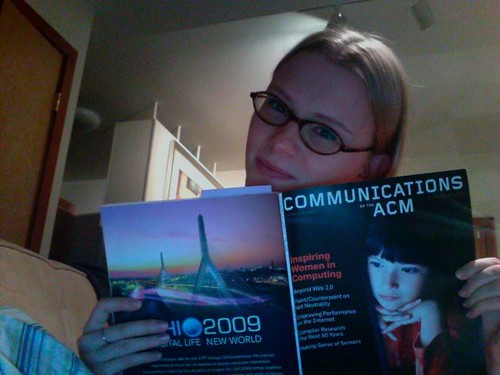Think of your favourite games that are about a particular character. Do you actually
play that character, or are you just the
coach? That is, are you able to fully control that character and how he or she acts, or can you merely offer suggestions? How does that change your game experience?
Coach Dayna / TheImageGroup
I hadn't really thought about games from this perspective before. I recently learned about it on an
older Brainy Gamer podcast on L.A. Noire. Their discussion of the game lead to the idea that players weren't really controlling Cole Phelps in the traditional sense. Often, Phelps would say something unexpected that was along the lines of what the player selected for Phelp's dialog, but not exactly the same. Hence, the player was really coaching Phelps on what kinds of things to say, but couldn't know when and how well Phelps would take the advice.
At first, this concept of coaching sounds fairly frustrating. Indeed, it seems that many players disliked the fact that they couldn't shape Phelps to their liking. But in the case of L.A. Noire, it made some sense in the context of the story told and the futility of the noir genre.
I think the recent The Walking Dead game has a bit of a coaching feel as well. When playing with my husband, I never felt like we had become one and the same as Lee. Most of the time, the dialog seemed to match up well enough with what we chose, but sometimes even Lee, like Phelps, would surprise us as we played. Once again I thought this approach worked well for this type of experience, which for me is closer to interactive cinema than traditional game.
What about games that allow you to indirectly control the characters? For instance, in Lemmings you don't control the creatures directly, but modify the world to shape how they act. Although I think it would be possible to argue the player is coaching the Lemmings, I don't feel like this is quite in the same category as the above examples, where the player is closer to becoming the character they are coaching.
What games do you know of that use the coaching style of character control? How well do you think they work?







